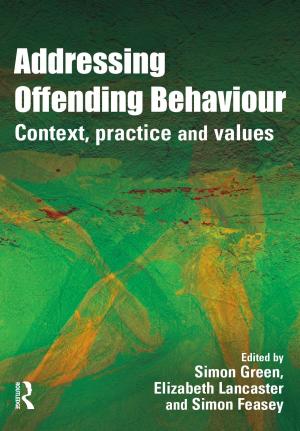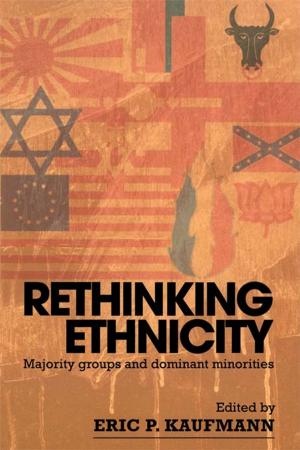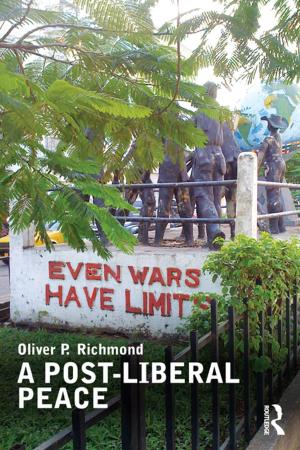Music and Institutions in Nineteenth-Century Britain
Nonfiction, Entertainment, Music, Theory & Criticism, History & Criticism, Reference| Author: | ISBN: | 9781317092469 | |
| Publisher: | Taylor and Francis | Publication: | April 29, 2016 |
| Imprint: | Routledge | Language: | English |
| Author: | |
| ISBN: | 9781317092469 |
| Publisher: | Taylor and Francis |
| Publication: | April 29, 2016 |
| Imprint: | Routledge |
| Language: | English |
In nineteenth-century British society music and musicians were organized as they had never been before. This organization was manifested, in part, by the introduction of music into powerful institutions, both out of belief in music's inherently beneficial properties, and also to promote music occupations and professions in society at large. This book provides a representative and varied sample of the interactions between music and organizations in various locations in the nineteenth-century British Empire, exploring not only how and why music was institutionalized, but also how and why institutions became 'musicalized'. Individual essays explore amateur societies that promoted music-making; institutions that played host to music-making groups, both amateur and professional; music in diverse educational institutions; and the relationships between music and what might be referred to as the 'institutions of state'. Through all of the essays runs the theme of the various ways in which institutions of varying formality and rigidity interacted with music and musicians, and the mutual benefit and exploitation that resulted from that interaction.
In nineteenth-century British society music and musicians were organized as they had never been before. This organization was manifested, in part, by the introduction of music into powerful institutions, both out of belief in music's inherently beneficial properties, and also to promote music occupations and professions in society at large. This book provides a representative and varied sample of the interactions between music and organizations in various locations in the nineteenth-century British Empire, exploring not only how and why music was institutionalized, but also how and why institutions became 'musicalized'. Individual essays explore amateur societies that promoted music-making; institutions that played host to music-making groups, both amateur and professional; music in diverse educational institutions; and the relationships between music and what might be referred to as the 'institutions of state'. Through all of the essays runs the theme of the various ways in which institutions of varying formality and rigidity interacted with music and musicians, and the mutual benefit and exploitation that resulted from that interaction.















